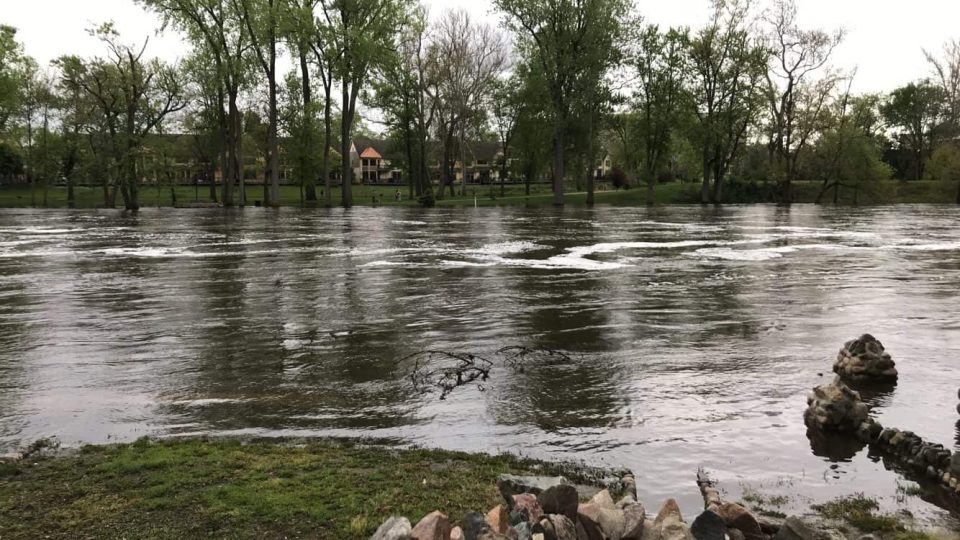A bill that could significantly reduce protections for Indiana’s wetlands was signed by Gov. Holcomb. The Indiana Environmental Council hoped the governor would veto the bill because it will make most of Indiana’s state-protected wetlands vulnerable to development.
“The bill in the form that it is in before the governor would have the implications of wiping away protections for wetlands for as much as 600,000 acres,” said Jesse Kharbanda, executive director of the council, in an interview with Abdul-Hakim Shabazz, of IndyPolitics.
The bill [SB389] was amended several times during the legislative process, and ultimately left what are called Class I and Class II wetlands largely unprotected. They typically have the fewest protected animals.
Nonetheless, Kharbanda said those wetlands are no less important.
“They help to reduce flooding because they are incredible sponges of water. An acre of land can hold no less than one million gallons of water,” he said. Kharbanda said that could save people who live in cities money on water storage, adding that he believes had wetlands upstream from South Bend, Elkhart and Goshen been preserved, those cities might’ve saved millions in building tunnels and tanks for storage.
“They are incredible at purifying pollutants that might be in the air as they descend into wetlands. Those wetlands can be excellent at absorbing those pollutants before they go into our waterways.”
Kharbanda said that Indiana has lost 85 percent of its wetlands since the early 1800s and the state preserved much less of its “nature” than other states. He said Indiana has set aside four percent, while Wisconsin sets aside 18 percent and Michigan 28 percent for preservation.
Kharbanda also said that overall it was a rough year for environmental legislation in the Indiana general assembly.
“Unfortunately all five bills that had to do with making rooftop solar more accessible and affordable did not get hearings and a bill that would have begun to jumpstart the electric vehicle market in Indiana did not make it out of committee, he said.
He was, however, happy with the legislature killing bills that would have stifled the further development of the public transit system in Indianapolis, which he believes could cut down on pollution by cutting down on the number of cars being used.


1 comment
Reading the summary, this does not look like wholesale development of huge tracts of wetlands. This seems to hit small patches of privately and municipally owned wetlands, something which has been arguably over regulated in the past.
When they start touting alleged “economic benefits” without comparing the opportunity costs of failing to develop those places, you know they are pushing propaganda.